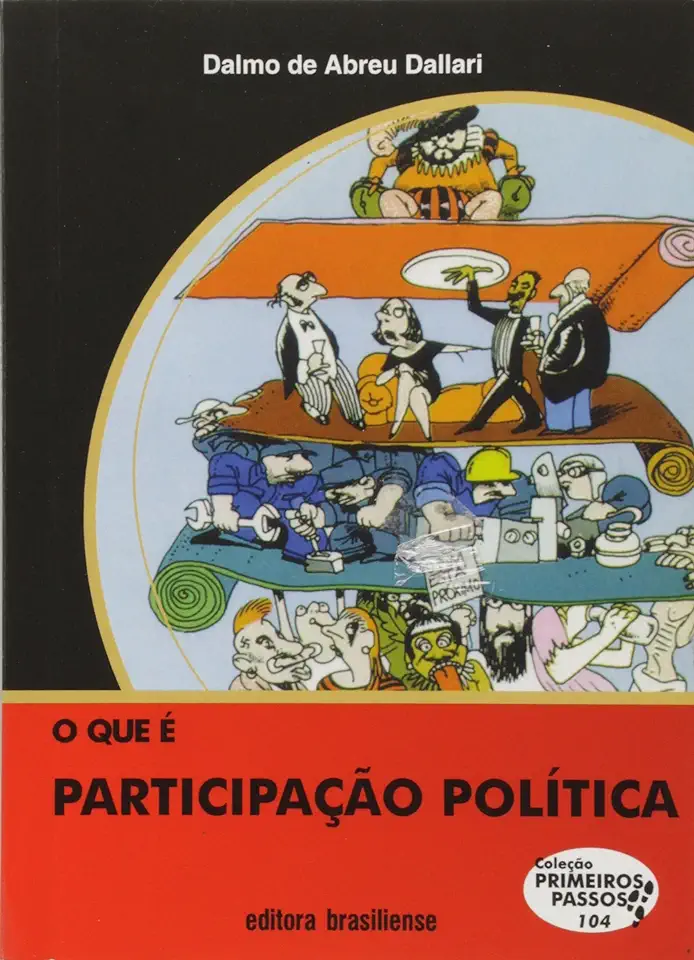
What is Political Participation - Dalmo de Abreu Dallari
What is Political Participation?
In "What is Political Participation?", renowned political scientist Dalmo de Abreu Dallari delves into the multifaceted concept of political participation, exploring its various forms, significance, and impact on society. Through a comprehensive analysis, Dallari provides a thought-provoking examination of how individuals engage in the political process and shape their communities.
Understanding Political Participation
Political participation encompasses a wide range of activities through which individuals influence and shape the political system. Dallari argues that participation is not limited to voting or holding public office but extends to a diverse spectrum of actions, including protests, petitions, lobbying, and community organizing. By engaging in these activities, citizens actively contribute to the decision-making processes that affect their lives and communities.
The Significance of Political Participation
Dallari emphasizes the profound significance of political participation in a democratic society. He asserts that participation is not merely a right but a responsibility of citizens. Through participation, individuals exercise their agency, hold their representatives accountable, and ensure that their voices are heard in the political discourse. Moreover, participation fosters a sense of civic engagement, strengthens democratic institutions, and promotes social cohesion.
Forms of Political Participation
Dallari identifies and analyzes various forms of political participation, ranging from conventional to unconventional methods. Conventional participation includes voting, running for office, and joining political parties. Unconventional participation encompasses activities such as protests, civil disobedience, and social movements. Dallari argues that both conventional and unconventional forms of participation are essential for a healthy democracy, as they provide diverse avenues for citizens to express their views and influence the political process.
Challenges to Political Participation
Despite its importance, political participation faces numerous challenges in contemporary society. Dallari highlights factors such as apathy, disillusionment, and structural barriers that hinder individuals from actively engaging in the political process. He emphasizes the need to address these challenges and promote a more inclusive and participatory democracy.
Enhancing Political Participation
Dallari concludes by offering valuable insights into enhancing political participation. He advocates for civic education, institutional reforms, and the removal of barriers that prevent marginalized groups from participating fully in the political process. By empowering citizens and fostering a culture of active participation, societies can strengthen their democratic foundations and ensure that the voices of all are heard.
Conclusion
"What is Political Participation?" is a comprehensive and thought-provoking exploration of a fundamental aspect of democratic societies. Through Dallari's insightful analysis, readers gain a deeper understanding of the various forms, significance, and challenges of political participation. The book serves as a valuable resource for scholars, students, and anyone interested in the dynamics of political engagement and the health of democratic institutions.
Enjoyed the summary? Discover all the details and take your reading to the next level — [click here to view the book on Amazon!]